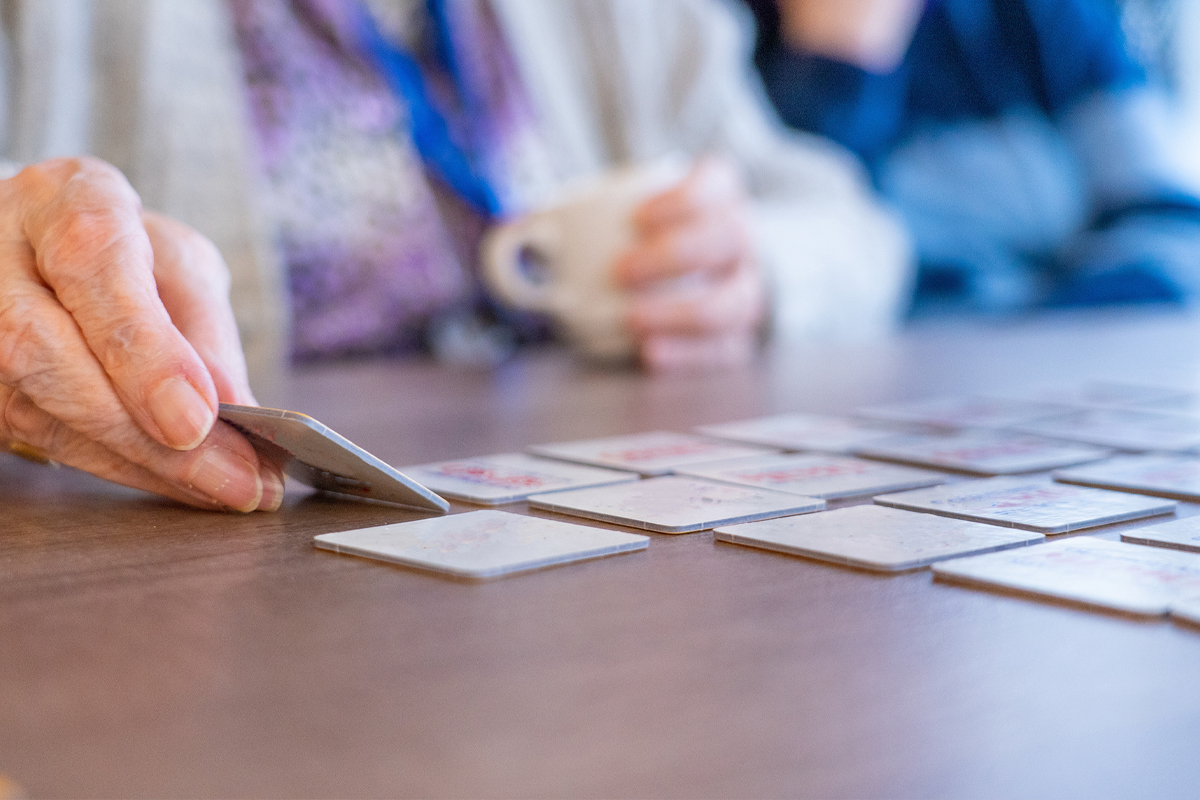Share

Stay Socially Connected: Senior Lifestyle & Activities
As we age, staying connected becomes more important than ever. Social interaction plays a vital role in emotional well-being and even physical health. For seniors, building and maintaining social connections can help reduce feelings of loneliness, improve mental health, and increase life satisfaction.
At Caring Home Care, we understand the importance of senior social connection. This article will offer elderly social tips, highlight the benefits of staying connected, and suggest easy ways to maintain a fulfilling social life.
Why Senior Social Connection Matters
Seniors who stay socially connected tend to lead healthier, happier lives. Here are just a few benefits:
-
Improved mental health: Socializing helps prevent depression and anxiety.
-
Cognitive stimulation: Engaging in conversations and activities keeps the brain active.
-
Better physical health: Connected seniors often have lower blood pressure and better mobility.
-
Longer lifespan: Studies show social seniors may live longer.
Unfortunately, many older adults face social isolation. Life changes like retirement, losing a spouse, or health challenges can make it harder to maintain connections. But with the right strategies, staying connected is possible and rewarding.
Elderly Social Tips to Stay Connected
Maintaining a vibrant social life doesn’t require constant outings or a packed calendar. Even small, regular interactions can make a big difference. Here are simple elderly social tips for staying connected:
1. Schedule Regular Phone or Video Calls
Whether it’s weekly phone chats with grandchildren or video calls with friends, regular communication keeps relationships strong. If technology feels overwhelming, ask a caregiver or family member for help setting up easy-to-use apps like FaceTime, Zoom, or WhatsApp.
2. Join Local Senior Centers or Clubs
Senior centers offer a variety of activities like exercise classes, card games, crafts, and group outings. These programs are specifically designed for older adults and are a great way to meet new people with shared interests.
3. Take Part in Faith-Based or Community Events
Attending weekly services, volunteering at community events, or participating in a local choir or Bible study group can provide meaningful connections. These gatherings are not only social but also spiritually uplifting.
4. Explore Online Interest Groups
Seniors who are comfortable with technology can join Facebook groups or forums focused on hobbies like gardening, knitting, or classic films. Many online communities welcome members of all ages and offer supportive spaces for discussion.
5. Enlist the Help of a Companion or Home Care Aide
Home care services aren’t just for physical assistance—they also support emotional health. A compassionate caregiver can engage in conversation, accompany clients on walks, or assist with social activities. At Caring Home Care, we match seniors with companions who provide both care and connection.
Creative Ways to Encourage Social Interaction
Sometimes, thinking outside the box can make socializing easier and more enjoyable. Here are some creative ways for seniors to stay connected:
Host a Game Night
Whether it’s a traditional board game or a virtual trivia night, games are a great icebreaker. Invite neighbors, family members, or even play online with friends.
Share a Hobby
Many seniors enjoy painting, gardening, or cooking. Sharing this interest with a friend or group brings extra joy and allows for great conversations.
Write Letters or Emails
There’s something special about receiving a letter in the mail. Seniors can keep in touch with loved ones by writing letters or sending emails. It’s a thoughtful way to share life updates and stay involved in others’ lives.
Attend Group Exercise Classes
Many communities offer gentle fitness classes like yoga, tai chi, or water aerobics for seniors. These sessions promote both health and social interaction.
Remove Barriers to Staying Connected
While the desire to stay connected is there, some seniors face obstacles. Here are tips to overcome common challenges:
-
Mobility issues: Use transportation services or ask caregivers to assist with travel.
-
Hearing or vision problems: Use amplified phones or larger screens with adjustable text.
-
Technological gaps: Consider classes offered by local libraries or senior centers that teach basic tech skills.
The key is to take small steps. Even one new social connection can lead to more opportunities and a greater sense of belonging.
The Role of Family and Caregivers
Loved ones and caregivers play a big part in helping seniors stay socially active. Encouragement, transportation, and emotional support can make all the difference. If you’re a caregiver, try the following:
-
Invite seniors to join family events.
-
Encourage participation in community programs.
-
Help set up virtual social platforms.
-
Offer positive reinforcement when they try something new.
At Caring Home Care, our team works closely with families to support both physical and emotional well-being. We understand that staying connected is part of a healthy lifestyle for older adults.
Stay Connected, Stay Healthy
Senior social connection is essential for emotional, mental, and physical health. While aging can bring challenges, it also offers new opportunities to connect in meaningful ways. Whether it’s through local events, technology, or home care companionship, staying socially active can lead to a richer and more joyful life.
Let us help you or your loved one enjoy a more connected and fulfilling lifestyle.
Why Professional Home Care Is Safer Than Family Only Care Caring for an aging loved one is deeply personal. Many families step in with the best intentions. However, as care needs increase, family only caregiving can become overwhelming and risky. This is where professional home care plays a critical role. Professional caregivers are trained, experienced,
Connecting During the Thanksgiving Holiday: How to Support Your Elder Relatives The Thanksgiving holiday is a time filled with warmth, gratitude, and meaningful family traditions. However, for many older adults, it can also be a period of loneliness or emotional distance. This is especially true for seniors who live alone, have limited mobility, or are
Transition to In-Home Care: Helping Seniors Adjust Comfortably to Elderly Care Services Understanding the In-Home Care Transition The decision to begin in-home care is a big step for both seniors and their families. It often marks the start of a new chapter—one focused on safety, comfort, and support. However, the in-home care transition can bring
Celebrate Holidays with Seniors: Creating Joyful and Meaningful Moment The holiday season is a time of warmth, joy, and connection. For seniors, it’s an opportunity to celebrate cherished traditions and create new memories with loved ones. However, the holidays can also bring challenges — from health concerns and limited mobility to feelings of loneliness. With
Need A Caregiver? Fill Out Form Below
With our competitive rates, we make receiving in-home care affordable regardless of whether you’re using your insurance or paying out of pocket.






